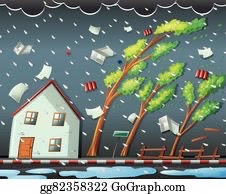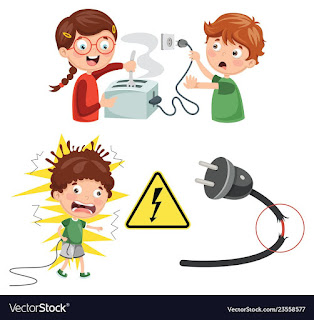-Prepare your First Aid Kits
-Make a Plan
-Be Informed
WHAT TO DO ON EARTHQUAKES?
DROP, COVER and HOLD!
STAYING SAFE INDOORS:
(earthquake)
1.)Move as little as possible
2.)Try and protect your head and torso
3.)If you are in bed, stay there, curl up and hold on, and cover your head.
4.)Stay indoors until the shaking stops and you are sure it is safe to exit.
5.)If you must leave a building after the shaking stops, use stairs rather than an elevator in case of aftershocks, power outages or other damage.
6.)Be aware that smoke alarms and sprinkler systems frequently go off in buildings during an earthquake, even if there is no fire.
7.)If you smell gas, get out of the house and move as far away as possible.
8.)Before you leave any building check to make sure that there is no debris from the building that could fall on you.
(EARTHQUAKE)
1.)Find a clear spot and drop to the ground. Stay there until the shaking stops.
2.)Try to get as far away from buildings, power lines, trees, and streetlights as possible.
3.)If you're in a vehicle, pull over to a clear location and stop. Avoid bridges, overpasses and power lines if possible.
4.)Stay inside with your seatbelt fastened until the shaking stops.5.)After the shaking has stopped, drive on carefully, avoiding bridges and ramps that may have been damaged.
6.)If a power line falls on your vehicle, do not get out. Wait for assistance.
7.)If you are in a mountainous area or near unstable slopes or cliffs, be alert for falling rocks and other debris as well as landslides.

STAYING SAFE BEFORE A TYPHOON
1.)Do not panic, remain calm
2.)Always monitor news about the typhoon, whether on television or radio. If the power is cut, keep a radio on and tuned in to news
3.)Learn the elevation level of your property and whether the land is flood-prone, which will help you know how your property will be affected when storm surge or tidal flooding are forecasted.
4.)Examine your houses and repair unstable parts as much as possible.
STAYING SAFE DURING A TYPHOON:
1.)If away from home, return only when authorities say it is safe to do so2.)Check yourself for injuries and get first aid, if necessary, before helping injured or trapped persons.
3.)Secure your home, close storm shutters and secure outdoor objects or bring them indoors
4.)Turn off utilities if instructed to do so
5.)Avoid using the phone, except for serious
6.) Turn off your LPG tanks as well
7.)Avoid standing near windows
STAYING SAFE AFTER A TYPHOON:
1.)Don't go outside until officially advised it is safe.
2.)Check for gas leaks.
3.)Listen to local radio for official warnings and advice.
4.)Beware of damaged power lines, bridges, buildings, trees, and don't enter floodwaters.
FIRE SAFETY PREPAREDNESS AT HOME:
1.)Once a month check whether each alarm in the home is working properly by pushing the test button
2.)Replace batteries in smoke alarms at least once a year.
3.)Sing a song as a distraction to avoid panic attacks4.)Touch door and check for heats
5.)Learn the fire alarm sound
6.)Ensure that all household members know two ways to escape from every room of your home and know the family meeting spot outside of your home 7.)Establish a family emergency communications plan and ensure that all household members know who to contact if they cannot find one another
8.)Practice escaping from your home at least twice a year. Press the smoke alarm test button or yell “Fire“ to alert everyone that they must get out
9.)Make sure everyone knows how to call 9-1-1
10.)Teach household members to STOP, DROP and ROLL if their clothes should catch on fire.











No comments:
Post a Comment